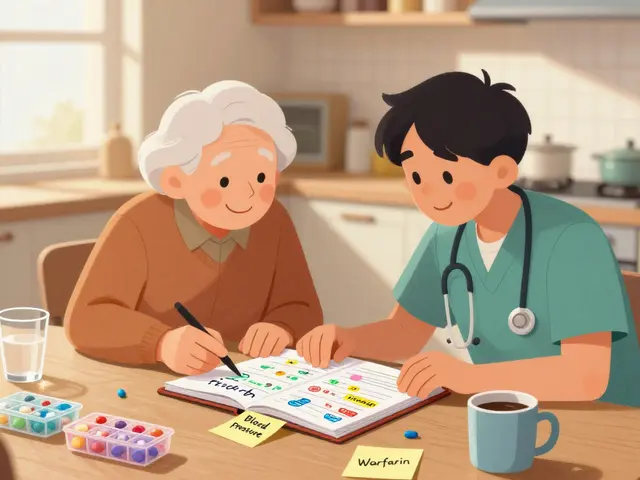Understanding Hepatitis C: What You Need to Know
Hepatitis C is a virus that mainly affects your liver and can cause serious health problems if untreated. You catch it through contact with infected blood—sharing needles, unscreened blood transfusions, or sometimes through close personal contact. No, it’s not something you get by casual contact like hugging or sharing utensils. Knowing how it spreads helps you stay safe and protect your friends and family.
Many people with Hepatitis C don’t feel sick at first. Symptoms may be mild or absent for years, which is why lots of folks don’t realize they have it. When symptoms do show up, they might include tiredness, mild fever, dark urine, or yellowing of the skin and eyes (called jaundice). If you notice any of these signs or think you’ve been exposed, it’s smart to get tested. Early diagnosis can make a huge difference.
Modern Treatments Are More Effective Than Ever
The good news? We now have antiviral medications that can cure Hepatitis C in most cases, often within just 8 to 12 weeks. These drugs work by targeting the virus directly, stopping it from multiplying and helping your liver heal. Unlike older treatments that had tough side effects, today’s options are much easier to handle and highly effective.
Your doctor will recommend a specific treatment plan based on your virus type and liver health. It’s important to follow their advice closely and keep all appointments for testing during and after treatment. Successfully clearing the virus can prevent long-term damage like cirrhosis or liver cancer.
Living Well with Hepatitis C
Besides medication, you can support your liver by avoiding alcohol, eating a balanced diet, and staying active. Keep an eye on your liver function and attend regular checkups. If you smoke or use other drugs, quitting can also help your body recover.
Remember, having Hepatitis C doesn’t mean the end of your normal life. With proper care and treatment, many people live healthy, full lives. If you think you might be at risk or want to know more, don’t hesitate to reach out to a healthcare professional or explore trusted resources. Staying informed is your best defense against this virus.

Talking to Loved Ones About Your Hepatitis C Diagnosis
Discussing a chronic Hepatitis C diagnosis with loved ones can be daunting, but open communication is key to building a support system. This article offers practical advice on when and how to share your diagnosis, addressing common questions, and handling emotional reactions. By being informed and prepared, you can create understanding and support among family and friends. Additionally, the article highlights important facts about Hepatitis C to help you explain the condition to others.
View More



